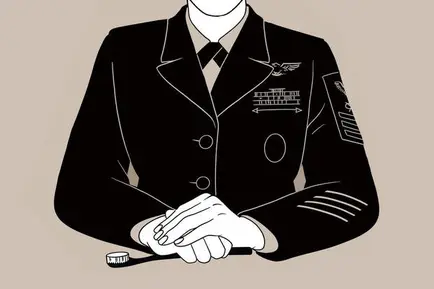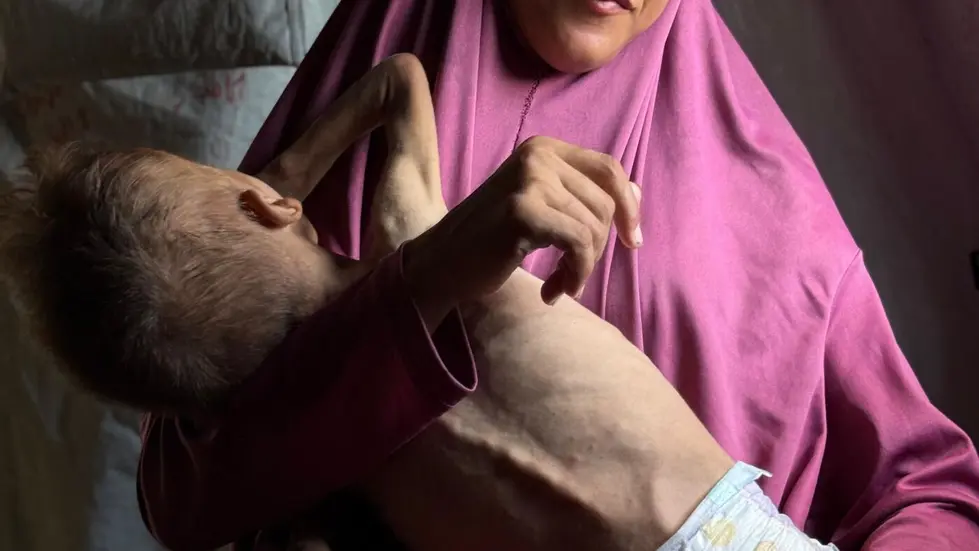T4K3.news
Military eating disorders risk to readiness
Advocates warn that strict fitness norms may silence service members who struggle with body image.

Advocates warn that the military focus on fitness and readiness may silence service members who struggle with body image, risking lives.
Eating Disorders Challenge Military Readiness
Leah Stiles served 20 years in the Navy and carried a secret that could end her career. For 15 years she battled an eating disorder and used a toothbrush to purge. In 2017, during a deployment on the USS George H.W. Bush, she was confronted and removed from the ship in a medical evacuation, a move her leaders say saved her life. The story shows the Navy's long tension between upholding readiness and protecting sailors who hide serious health issues. A Defense Health Agency study found that diagnosed eating disorders nearly doubled from 2016 to 2021, with women diagnosed at more than eight times the rate of men, and many cases never reported.
Political moves in recent years pushed a stricter warrior ethos and higher fitness standards. The White House and Defense Department described health conditions, including eating disorders, as incompatible with active duty. Officials say the goal is a medically ready force, while advocates warn that self reporting remains a hurdle. Advocates point to SEA WAVES and veterans who found support outside the military system. Some service members worry that new rules will deter them from seeking help, even when they need it. Others argue that leadership training could help leaders spot warning signs before health and career collide. The policy mix includes public statements by Defense officials and a push for visible fitness culture, while critics say health should drive policy, not stigma. The Pentagon added more physical and mental issues to disqualifications in 2023, but many cases still rely on self reporting. The story features Austin Otocki and Yvonne Owens, among others, who illustrate the human side of these policy tensions and the constant battle between care and capability.
Key Takeaways
"There is no purging on my ship"
Command leadership setting a boundary on behavior
"This is out of control, and I am done giving you chances"
Phillips confronting Stiles about the risk to the command
"Monitoring it was the biggest thing"
Otocki on the importance of ongoing care
"We will be FIT, not FAT"
Public stance on fitness standards
The piece highlights a core tension in modern military culture: readiness as a weapon and health as a risk. A system built around drill, PT, and visible toughness can push service members to hide painful conditions. That secrecy saves careers in some cases but endangers lives in others, especially as rules tighten and stigma persists. There is a call for safer spaces and better training for leaders to recognize warning signs, rather than waiting for medical crises. The broader question is how to balance an era of aggressive fitness messaging with humane care that keeps troops truly ready while protecting their health. The Navy case shows that one life saved can come at the price of another, if policy tips too far toward punishment rather than treatment. A healthier approach would combine clear medical thresholds with robust support and early intervention.
Highlights
- There is no purging on my ship
- This is out of control, and I am done giving you chances
- Monitoring it was the biggest thing
- We will be FIT, not FAT
Eating disorders in the military risk readiness and safety
The article centers on health issues in a high-visibility institution. Policy shifts, stigma, and the pressure to maintain a warrior ethos could discourage treatment and public debate about military health.
Health must guide policy, not fear.
Enjoyed this? Let your friends know!
Related News

Weight-loss drugs linked to increased eating disorders in the US

Protests surge as Gaza City plan tests Israeli resolve

Health tips and regulation update

Kremlin warns of nuclear risks from UK provocations

Foods Linked to Worsening Inflammation Identified

Weight loss drug raises mental health alarms

Supermarket recalls ready meal due to allergen risks

Gaza children suffer permanent health damage from malnutrition
